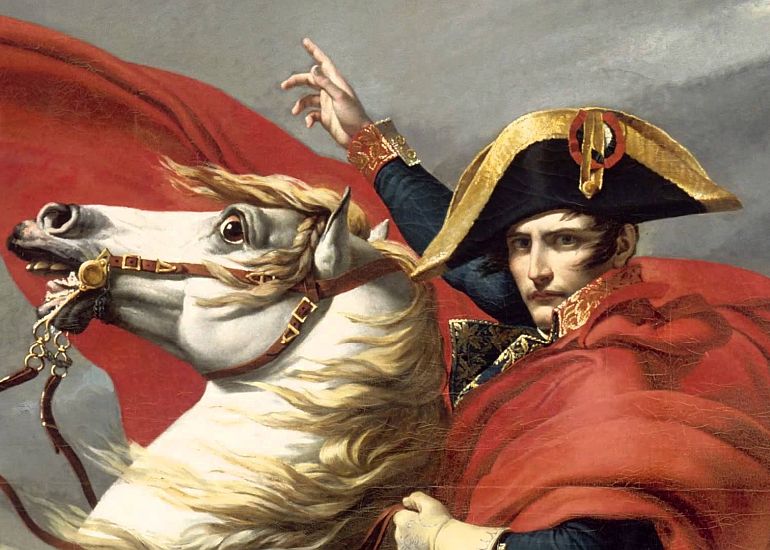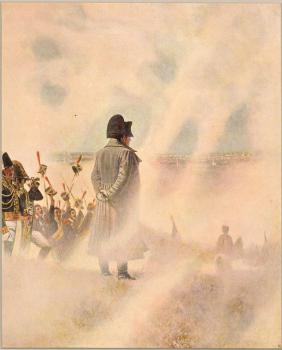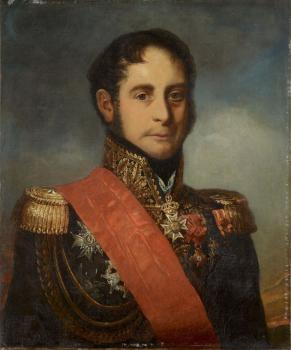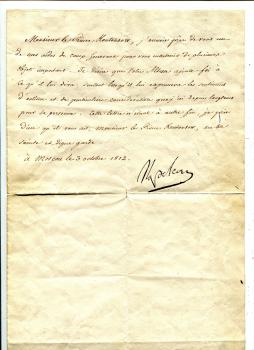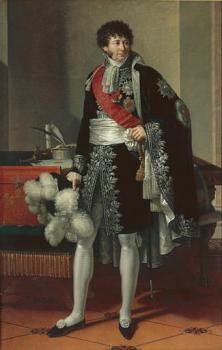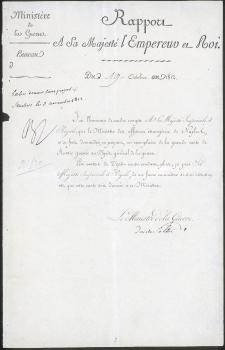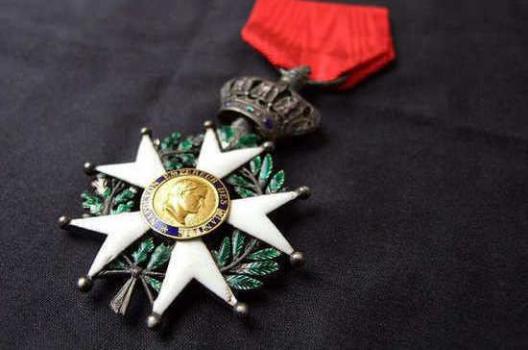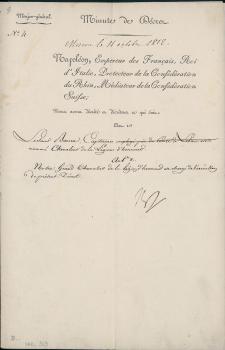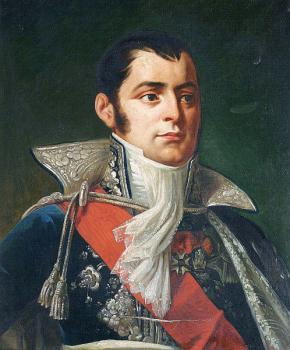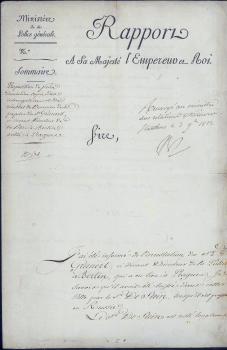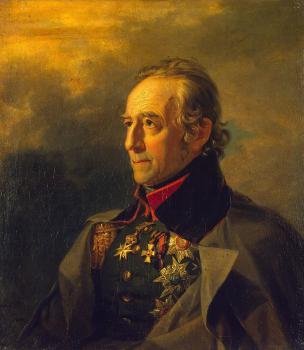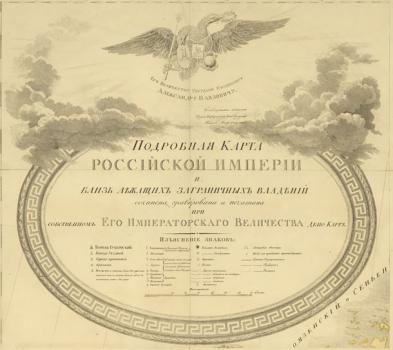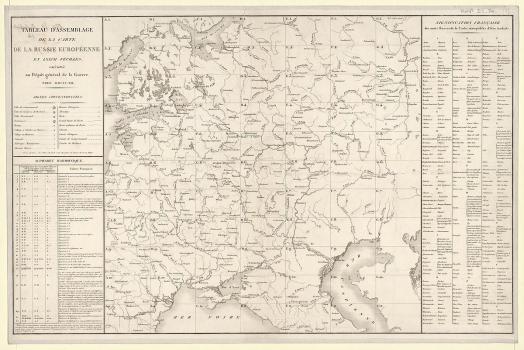To Be Napoleon Each Wishes
Napoleon's Invasion of Russia, 1812
In 1810, the whole of Europe was actually under the rule of Napoleon. Russia, particularly concerned about the expansion of France, was the main force on the continent, standing in its way to world domination. Knowing this, Napoleon began to prepare an invasion of the east.At five o'clock in the morning on June 12 (June 24), 1812, a huge French army of 600 thousand men crossed the Neman and invaded Russia, launching the Patriotic War of 1812. The long retreat of the Russian troops continued until the first days of September, when a decisive battle of the Patriotic War took place on 7 September at Borodino, a small village near Moscow. The next day, due to heavy losses, Commander-in-Chief of the Russian Army Mikhail Kutuzov gave the order to leave Moscow. On September 14, Napoleon entered the deserted city without a fight.
Napoleon's letter to Mikhail Kutuzov, dated October 3, 1812, is the most important and widely known of all autographs housed in the National Library of Russia. It was brought from Moscow to Field Marshal Kutuzov by Marquis Lauriston (1768–1828). This is documentary evidence of the Emperor's desire to propose peace negotiations.
«Dear Sir Prince Kutuzov!, writes Napoleon, "I am sending one of my Adjutants General to you to discuss several important matters. I want Your Excellency to take everything he said with trust, especially with regard to the feelings of respect and deep reverence that I have long had for you. Therefore, Dear Sir Prince Kutuzov, may God bless you».
The French text of this unanswered letter was literally cited in War and Peace by Leo Tolstoy, but with a wrong date – 30 instead of 3 October. The document came into the library in 1945 and became part of the personal collection of Mikhail Golenishchev-Kutuzov.Being outside France, Napoleon did not stop ruling his empire for a minute. He considered the papers sent to him from Paris, signed some immediately, made decisions on others and appended instructions. The collections of the Manuscripts Department contain five official documents signed by Napoleon, dating back to the time of his military campaign in Russia. Among them is a draft decree сonferring Knight of the Legion of Honor on Captain Barer; a license for a French ship to sail with a cargo of food to England; instructions on the reports of the general intendant of the imperial court Jean-Baptiste de Nompère de Champagny, Duc de Cadore; the Minister of Police of France; Anne Jean Marie René Savary, Duс de Rovigo; Minister of War Henri-Jacques-Guillaume Clarke, Duke of Feltre.
In a report addressed to the Emperor, dated October 19, 1812 (on this day the French army began to leave Moscow), Minister of War Henri-Jacques-Guillaume Clarke (1765–1818) informed about the request of the Minister of Foreign Affairs of the Kingdom of Naples to provide him with a copy of the Great Map of the Russian Empire, for which he is willing to pay, but these maps was not on sale. The report was received by Napoleon two weeks later. The instructions behind his signature read: “Send free. Semlevo, November 3, 1812. According to legend, in the church of the village of Semlevo, located on the old Smolensk road, the Emperor spent the night of November 2-3 before the battle of Vyazma between the Russian avant-garde and the French army retreating to Smolensk.
The war between the Russian and French empires lasted only 6 months and 2 days, but left a considerable mark in the history of the two countries and radically changed the balance of power in Europe. The main result of Russian campaign of 1812 was the almost complete destruction of the Great Army, which led to the decline of Franch military strength, while with the victory of the Russian army, Russia's influence on European politics increased many times.
